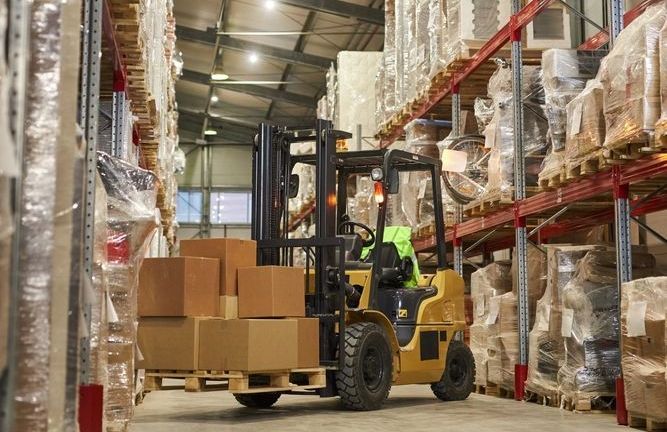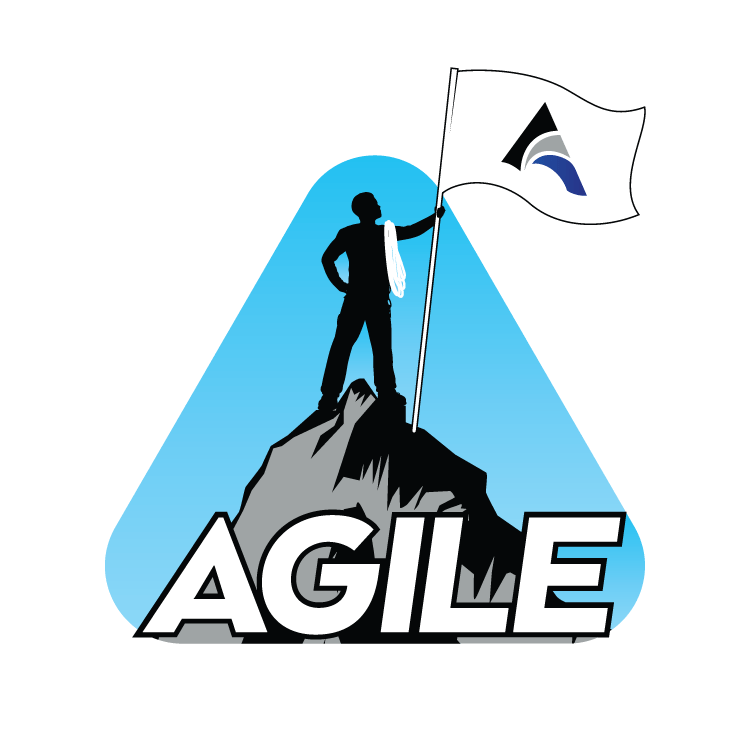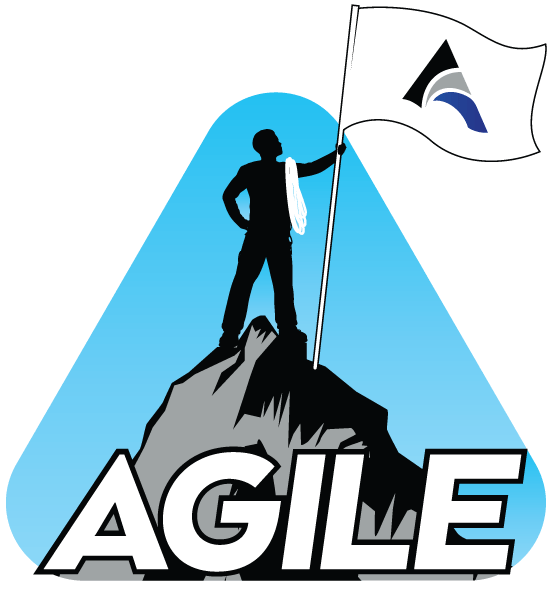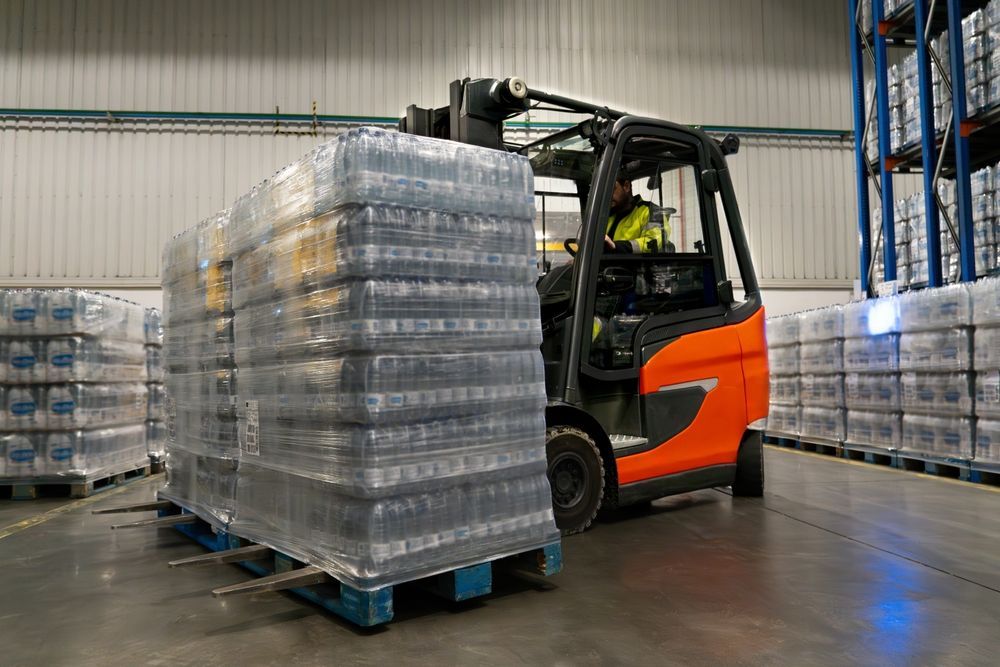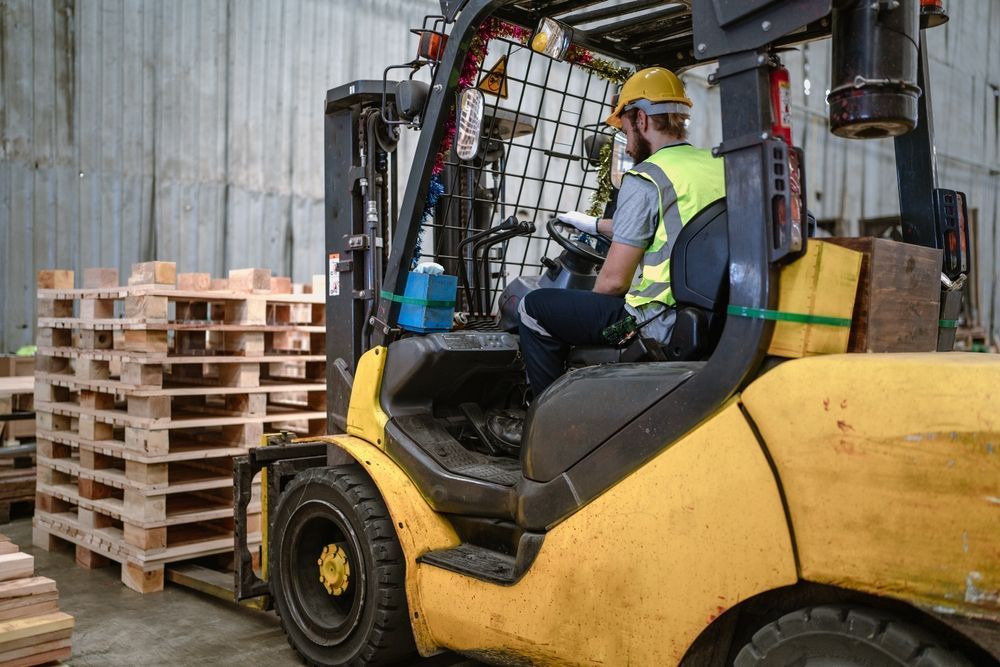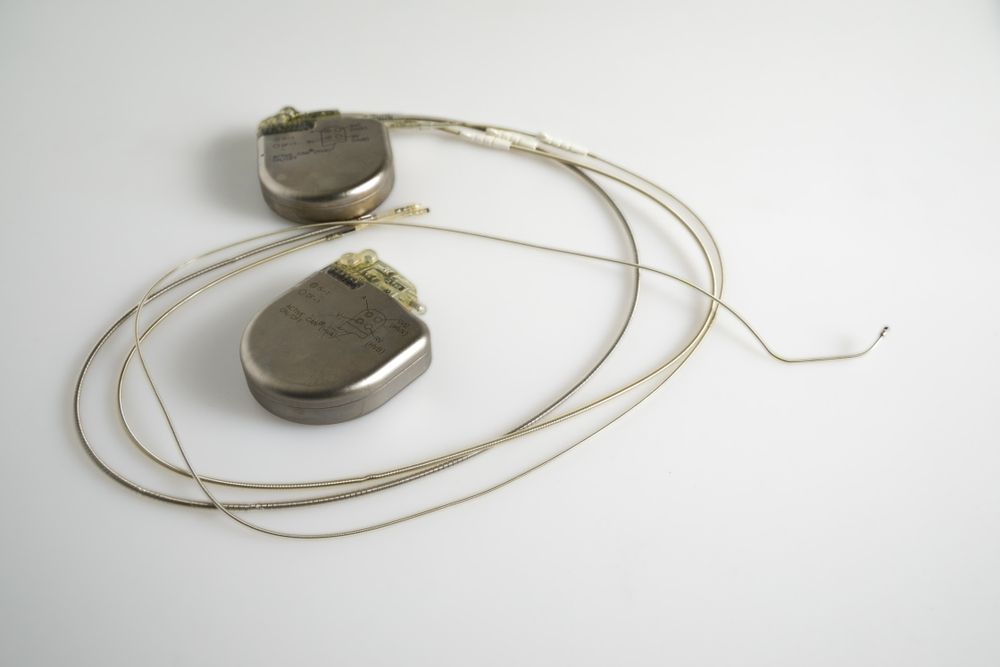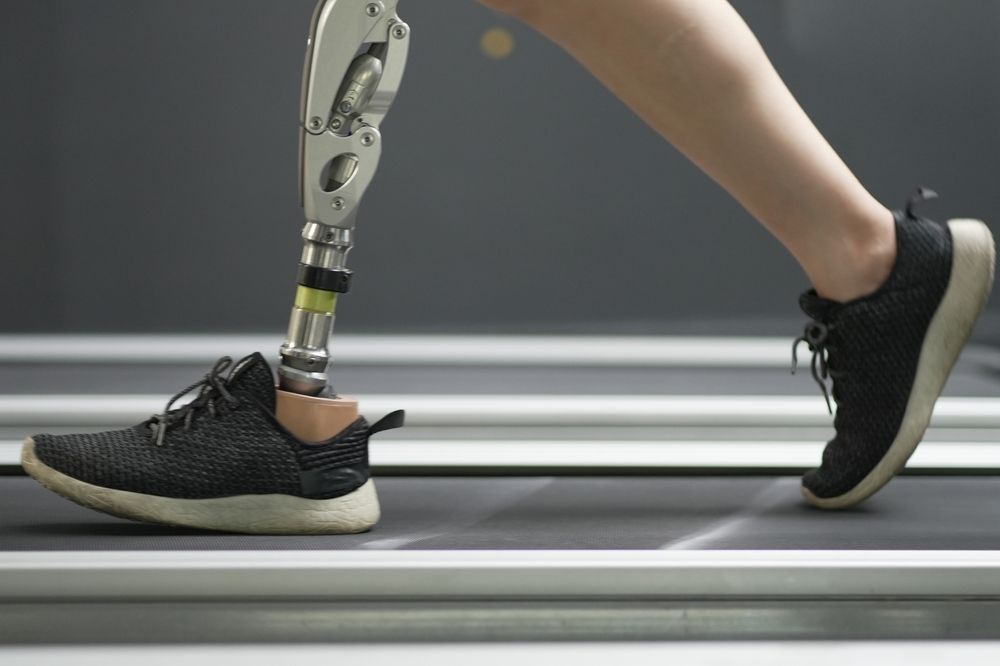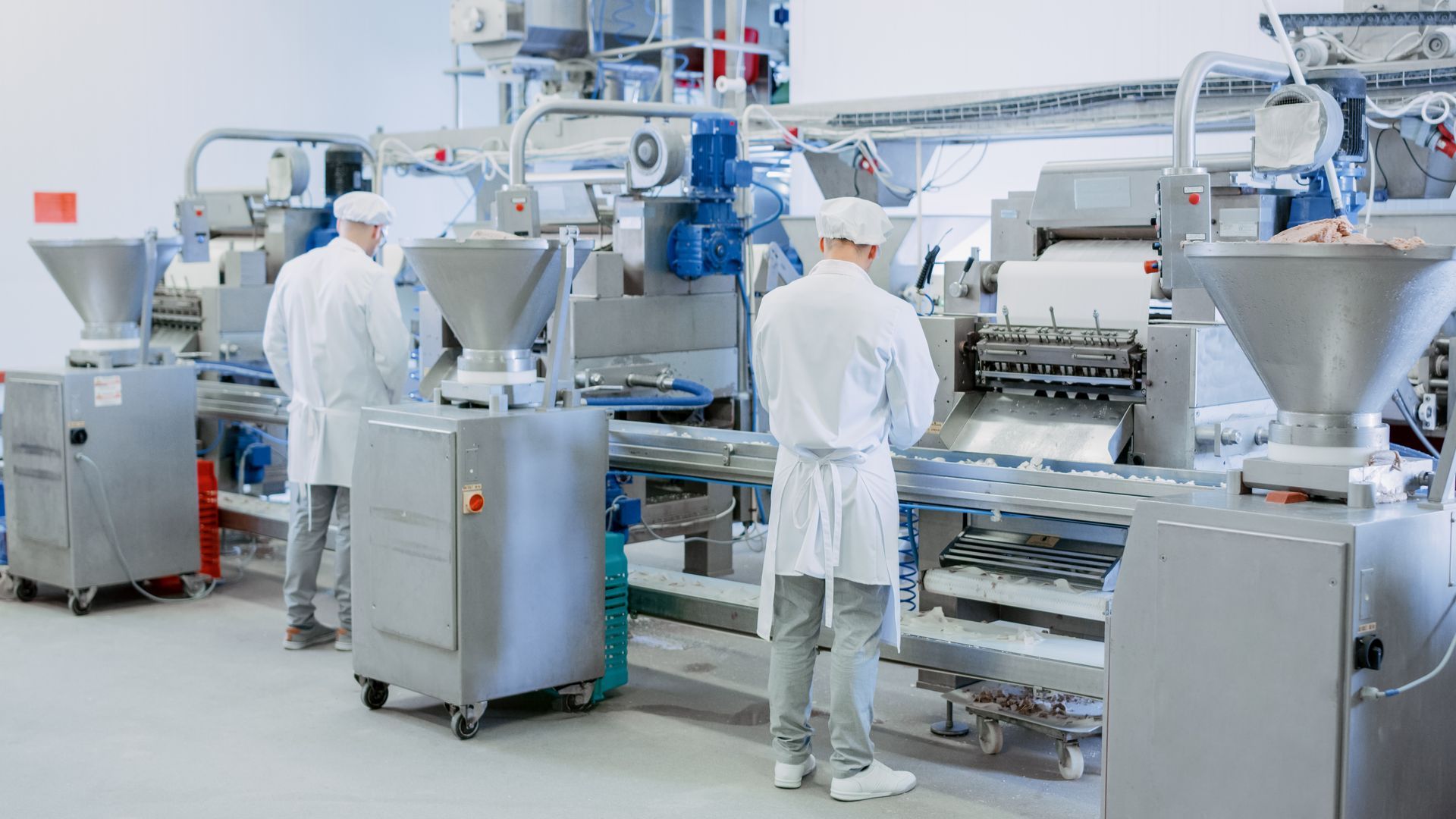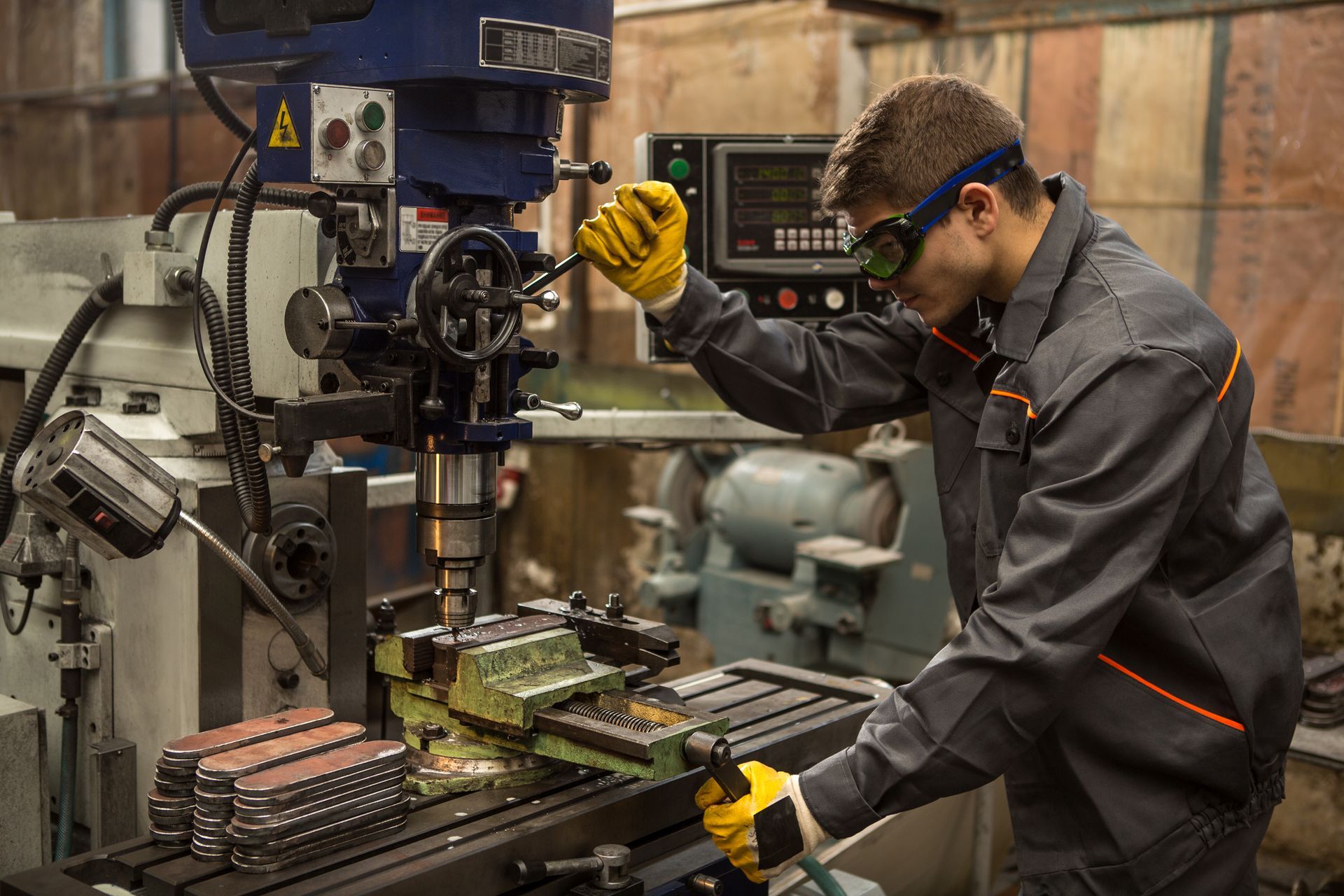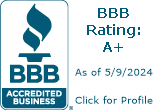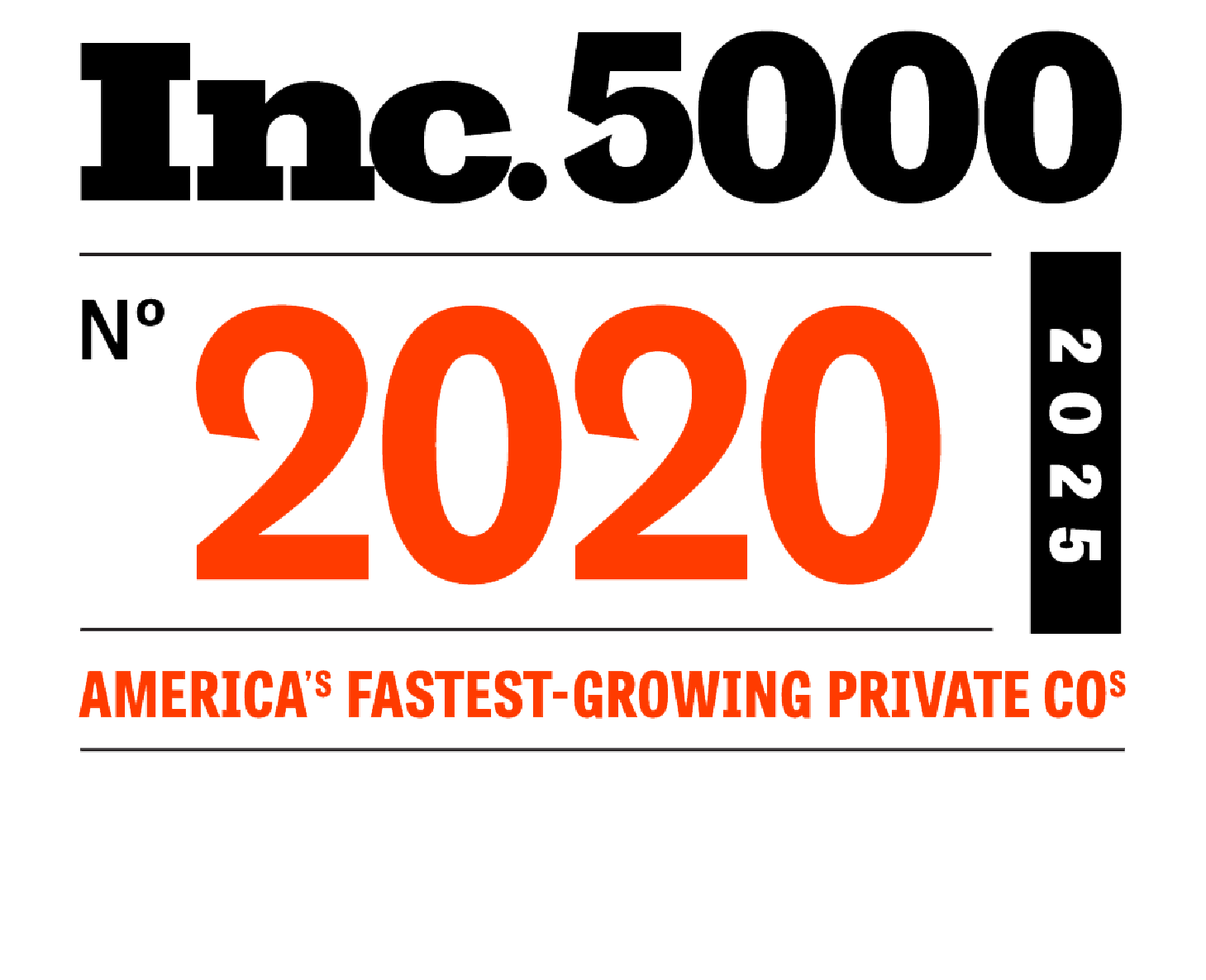Missouri Sales Tax Payment for Manufacturers: Additional Options
Prior to 2013, taxpayers who paid Missouri sales tax on exempt purchases of machinery, equipment and parts were required to request a refund from the seller. However,
House Bill 1504 which was signed into law by the Governor on July 10, 2012 and went into effect on Aug. 28, 2012 now provides an easier alternative for purchasers to obtain refunds directly from the Missouri Department of Revenue.
Rather than requesting a refund directly from the seller, purchasers can now obtain a notarized assignment of rights form (“AOR form”) from the seller. This form essentially states that the seller collected and remitted the Missouri sales tax on the purchase and that the seller will not seek a refund from the Missouri Department of Revenue for the taxes in question.
If the seller refuses to sign the assignment of rights form, the purchaser can provide a notarized statement with documentation that an effort was made to obtain this form. Once these forms and statements have been collected, the purchaser can complete a
Form 472P and file this with the Missouri Department of Revenue to recover Missouri sales tax paid within the 36-month statute of limitations.
If the purchaser did not pay Missouri sales tax, but self-assessed use tax on their purchases of exempt machinery, equipment and parts, then they can complete and file a Form 472P without any documentation from the seller. However, in this situation the purchaser will need to amend their sales & use tax returns to adjust for the taxes previously paid in error.
In the state of Missouri, manufacturers qualify for a variety of Missouri sales tax exemptions related to their purchases of machinery and equipment used directly in production of tangible personal property sold at retail.
Mo. Revenue Statute 144.030(2) & (5) states that, “replacement machinery, equipment, and parts and the materials and supplies solely required for the installation or construction of such replacement machinery, equipment, and parts, used directly in manufacturing or producing a product which is intended to be sold ultimately for final use or consumption” is exempt from state and local sales and use tax.
Mo. Code Regs. 10-111.010(2)(D) defines machinery and equipment as, “devices that have a degree of permanence to the business, contribute to multiple processing cycles over time and generally constitute fixed assets other than land and buildings for purposes of business and accounting practices.”
Additionally, Mo. Code Regs. 10-111.010(2)(D) defines parts as, “articles of tangible personal property that are components of machinery or equipment, which can be separated from the machinery or equipment and replaced.” If the item is consumed during the manufacturing process, it is not considered a part because it doesn’t have a degree of permanence or durability. Some examples of parts are nuts, bolts, hoses, chains, belts, gears and bearings. Items like lubricant, coolant, and adhesives are considered materials and supplies, which are exempt from state tax and local use tax under a different citation,
Mo. Revenue Statute 144.054.

The direct use provision in the manufacturing exemption is defined in Mo. Code Regs. 10-111.010(3)(A) , which states that Missouri utilizes the integrated plant theory to allow for a broad interpretation of the machinery, equipment and parts exemption. As long as the purchase is both “essential” and “integral” to the manufacturing process, then it is considered to be used directly. However, the purchase must meet both of these requirements.
If the purchase is integral to a manufacturing process but not essential, such as a forklift used for material storage, then it does not meet this definition and will not qualify for the exemption. Some additional factors that are used to determine whether a purchase is integral and essential is how close or causal the item is to production and whether the purchase operates harmoniously with other machinery to make an integrated and synchronized system.
Furthermore, an item does not need to cause a direct physical change in the composition of raw materials or work in process to qualify for the direct use requirement. As long as the item in question is used within the continuous progression from when raw materials enter production through the finished good, it is part of the integrated and synchronized system and is exempt from Missouri sales tax. For example, a conveyor belt which transports work-in-process between stages of production would qualify although the conveyor itself does not cause a direct physical change.
As with all Sales & Use Tax research, the specifics of each case need to be considered when determining taxability. Additional advice from Agile Consulting Group’s sales tax consultants can be found on our page summarizing
Missouri sales and use tax exemptions.
If you have questions, comments or would like to discuss the specific circumstances you are encountering about this issue or any other Sales & Use Tax issue, please contact us at (888) 350-4TAX (4829) or via email at
info@salesandusetax.com.
The post
Manufacturers Provided with Additional Options for Missouri Sales Tax Recoveries appeared first on
Agile Consulting Group.
